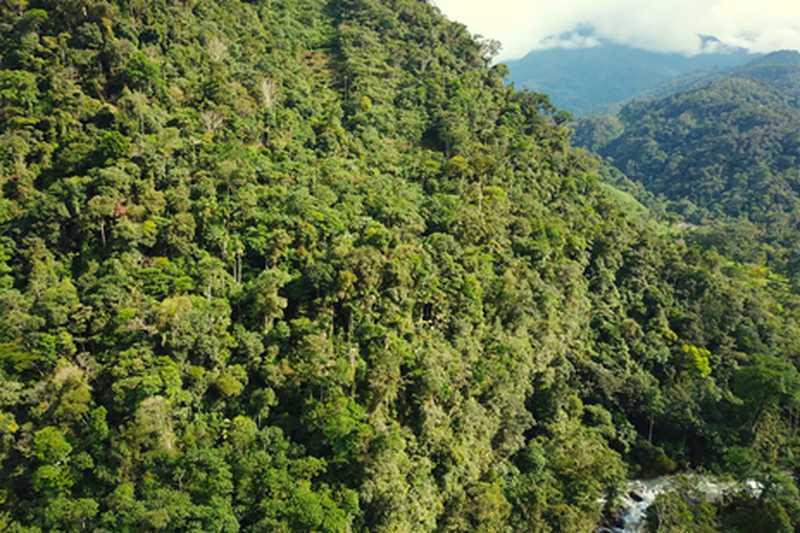NbS Policy Tracker: an AI approach to policy-making for enabling nature-based solutions worldwide

Without nature, global average temperatures today would have already surpassed the 1.5ºC threshold. Nature-based solutions can achieve more than a third of the greenhouse gas reductions needed by 2030 to meet the Paris climate target, while action to protect, restore and manage nature has the potential to create 395 million jobs in the next decade. […]
Without nature, global average temperatures today would have already surpassed the 1.5ºC threshold. Nature-based solutions can achieve more than a third of the greenhouse gas reductions needed by 2030 to meet the Paris climate target, while action to protect, restore and manage nature has the potential to create 395 million jobs in the next decade.
However, investment into NBS needs to triple by 2030 and increase fourfold by 2050 for the world to meet its climate change, biodiversity and land degradation targets. Governments can encourage private sector investment by designing policies that unlock the value of natural solutions.
The Nature-Based Solutions Policy Tracker is the first to use artificial intelligence and machine learning to identify legislation and investment plans for nature-based solutions (NBS), and to assess their effectiveness. Launched by Nature4Climate and Metabolic, the tool is designed to serve as the world’s largest global database of public policies to support nature, helping governments and investors increase ambition and awareness of nature’s potential to tackle the climate emergency and biodiversity crisis more effectively.
The NBS Policy Tracker analysis of more than 220 policies across 80 countries found that the most common focus for solutions was coastal restoration, mentioned in 13.6% of policies, followed by tackling deforestation (11.4%), community-led conservation (10.8%), and reforestation (10.4%).